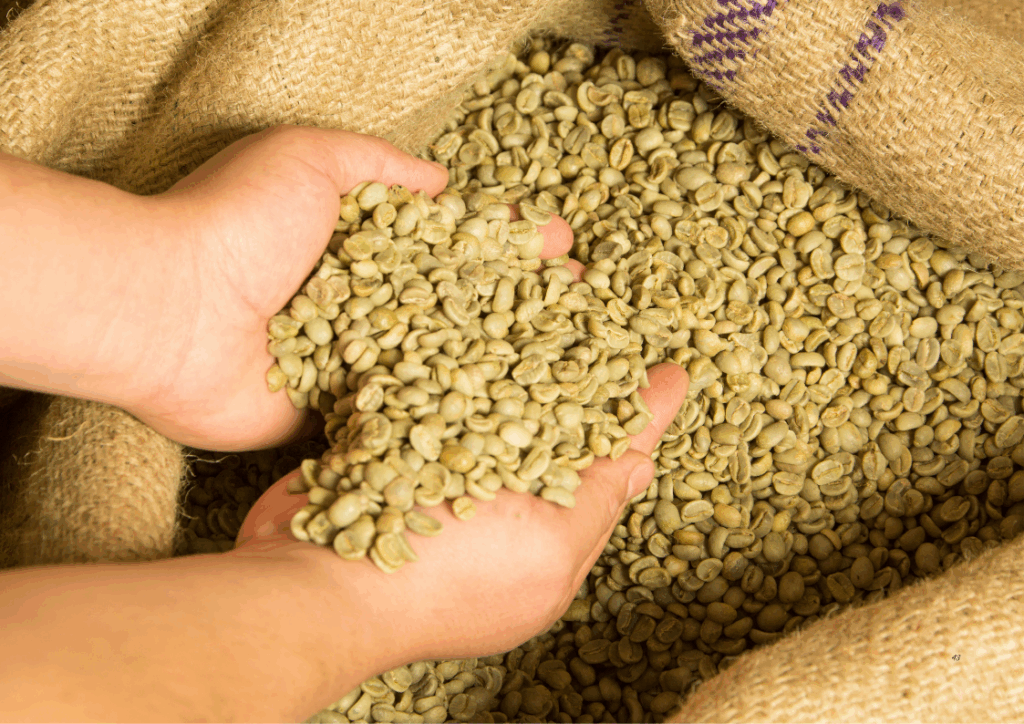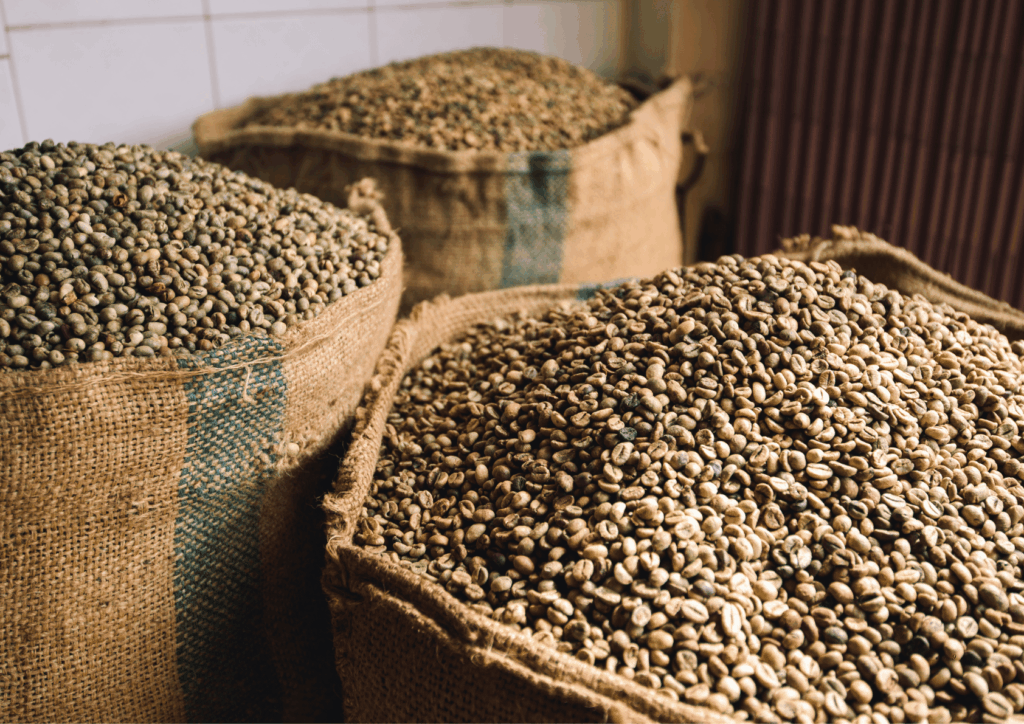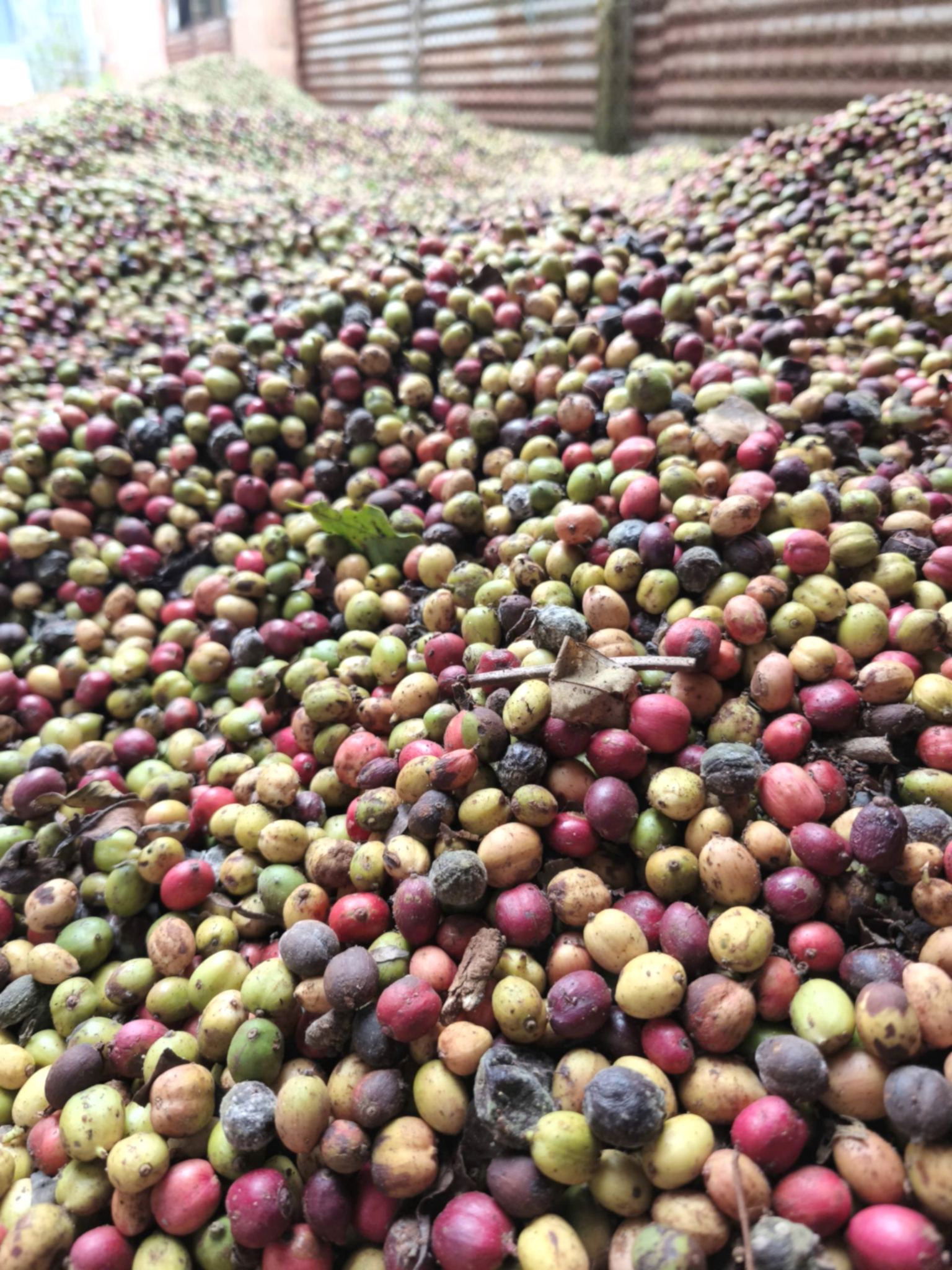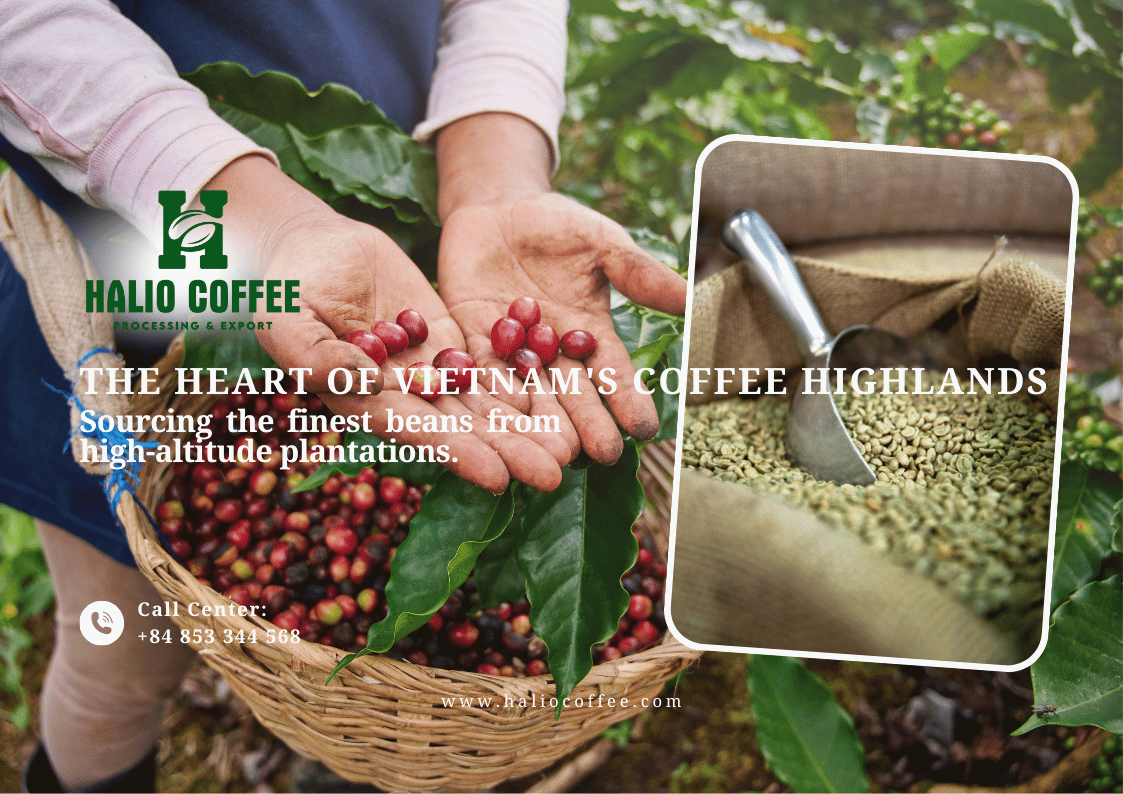Arabica Coffee Beans for Roasting: Unlocking Quality and Consistency in Global Coffee Supply
Vietnam is well-known as the largest producer of robusta, supplying a vast portion of global demand for instant coffee and commercial blends. Yet in recent years, the country has gained recognition for its growing Arabica sector. Regions such as Cầu Đất in Lâm Đồng, Sơn La, and Điện Biên have emerged as strongholds for high-quality Arabica, offering beans with unique terroirs and flavor complexities.
For international companies seeking Arabica coffee beans for roasting, this shift is highly significant. It opens opportunities for reliable sourcing not only from traditional Arabica countries such as Colombia and Ethiopia but also from Vietnam, which is establishing itself as a rising supplier of specialty Arabica that complements its dominant robusta production.
Why Arabica Coffee Beans for Roasting Matter to Roasters and Distributors
Arabica beans are prized for their balanced acidity, nuanced flavor profiles, and clean finish, making them the preferred choice for specialty roasters worldwide. For companies in the roasting business, Arabica coffee beans for roasting provide:
- Flavor diversity: From fruity and floral to nutty and chocolatey notes, Arabica offers a wide spectrum of flavors.
- Market positioning: Arabica aligns with consumer demand for premium and specialty-grade coffees.
- Flexibility in roasting: Arabica beans respond well to different roast levels, allowing roasters to highlight brightness in light roasts or body in darker roasts.
- Blending potential: Arabica is commonly blended with robusta to balance cost, body, and caffeine content.
In an increasingly competitive global coffee market, roasters need consistent access to Arabica beans that meet specific quality parameters. Vietnam is now stepping up to fulfill that need.
The Link Between Arabica and Sustainable Vietnamese Arabica

Vietnam’s journey into Arabica cultivation is closely tied to sustainability practices. The rise of Sustainable Vietnamese Arabica has been instrumental in helping farmers improve farming methods, preserve ecosystems, and build transparent trade relationships.
For roasters, this means sourcing Arabica coffee beans for roasting that are not only high-quality but also produced under systems that reduce environmental impact and support farmer livelihoods. Sustainable practices ensure long-term supply stability, an increasingly important factor for large-scale distributors and specialty coffee companies alike.
Characteristics of Vietnamese Arabica Coffee Beans for Roasting
Vietnamese Arabica offers distinct sensory qualities that stand out in the global market. Depending on the region and processing method, roasters can expect:
- Bright acidity with floral notes (common in Cầu Đất Arabica).
- Wine-like fruity tones (notable in Sơn La Arabica).
- Nutty and chocolate undertones (prevalent in Điện Biên Arabica).
Processing methods further shape the beans’ profiles:
- Washed Arabica produces clean, vibrant flavors ideal for single-origin light roasts.
- Honey-processed Arabica offers sweetness and medium body, suitable for balanced blends.
- Natural Arabica enhances fruity, complex flavors that appeal to specialty markets.
These diverse characteristics allow Arabica coffee beans for roasting from Vietnam to compete in both the specialty segment and the commercial premium market.
Roasting Potential of Vietnamese Arabica
The adaptability of Vietnamese Arabica makes it attractive for roasters of all scales.
- Light roasts highlight floral and citrusy notes, suitable for pour-over or filter brewing.
- Medium roasts bring out caramel, chocolate, and nutty tones, aligning with espresso profiles.
- Dark roasts maintain body and balance without excessive bitterness, making them ideal for blends.
This versatility ensures that Arabica coffee beans for roasting from Vietnam can serve diverse market needs, from specialty cafés to global coffee chains.
The Strategic Role of Vietnam Green Coffee Beans in Global Supply

The broader context of Vietnam green coffee beans is essential to understand. While robusta dominates in volume, Arabica is increasingly important for quality differentiation. By offering both robusta and Arabica, Vietnam provides roasters and distributors with a one-stop sourcing solution:
- High-volume robusta for instant coffee and commercial blends.
- Premium Arabica for specialty and mid-tier markets.
This dual capability enhances Vietnam’s competitiveness and positions it as a critical player in the future of global coffee trade.
Economic and Environmental Benefits of Arabica Cultivation in Vietnam
Investments in Arabica are transforming farmer livelihoods and the environment.
- Farmer income: Arabica often commands higher prices than robusta, especially when produced sustainably.
- Reforestation: Shade-grown Arabica helps restore tree cover in highland areas.
- Soil and water management: Sustainable practices reduce erosion and conserve water.
By focusing on Arabica coffee beans for roasting, Vietnam is not only diversifying its export portfolio but also building a more resilient agricultural system.
Direct Trade and Specialty Roasting Opportunities
Direct trade has become a cornerstone of Arabica sourcing in Vietnam. By connecting roasters directly with cooperatives and farmers, the model ensures transparency, higher income for farmers, and quality assurance for buyers.
For specialty roasters, direct trade relationships with producers of Arabica coffee beans for roasting in Vietnam provide:
- Access to micro-lots with unique flavor profiles.
- Opportunities to co-develop processing experiments.
- A marketing edge through traceable, origin-driven storytelling.
This system has been reinforced by Vietnam’s sustainable initiatives, ensuring that Arabica production benefits both ends of the supply chain.
Challenges in Scaling Arabica for Roasting
While progress is evident, several challenges remain in expanding Arabica in Vietnam:
- Climatic vulnerability: Arabica requires specific conditions, making it sensitive to climate change.
- Market perception: Vietnam is still largely associated with robusta, so building a reputation for Arabica requires time and consistent quality.
- Infrastructure gaps: Not all regions have equal access to post-harvest facilities, which are essential for producing high-grade Arabica.
Overcoming these hurdles will be key for Vietnam to increase its share of the global Arabica coffee beans for roasting market.
Vietnamese Arabica B Grade Coffee: A Market Bridge
While specialty Arabica attracts attention, the majority of the global roasting market relies on accessible, mid-grade coffee. This is where Vietnamese Arabica B grade coffee becomes critical.
- It provides cost-effective solutions for large-volume roasters.
- It bridges the gap between premium specialty lots and commercial blends.
- It ensures stability in supply, especially during times of global price volatility.
For many international buyers, Vietnamese Arabica B grade coffee is a practical entry point into sustainable sourcing while maintaining affordability.
Roasters’ Perspective: Why Source Arabica from Vietnam?
Coffee companies and roasters worldwide are increasingly drawn to Vietnam’s Arabica for several reasons:
- Consistency – Vietnam’s organized cooperatives and government support ensure reliable supply.
- Diversity – Wide-ranging flavor profiles allow roasters to experiment with blends and single-origin offerings.
- Sustainability – The integration of sustainable farming practices aligns with global corporate responsibility goals.
- Competitive pricing – Arabica from Vietnam often comes at lower costs compared to traditional origins while maintaining quality.
For roasters looking for dependable Arabica coffee beans for roasting, Vietnam is rapidly becoming a top choice.
Future Outlook for Arabica Coffee Beans for Roasting from Vietnam
The global demand for Arabica continues to rise, driven by consumer preferences for premium and specialty coffee. Vietnam’s ability to scale sustainable Arabica production, combined with innovations in processing and strong trade networks, positions the country as a future leader in the Arabica segment.
In this trajectory, Arabica coffee beans for roasting will serve as a cornerstone, linking Vietnam’s sustainability-driven production with global roasters’ needs for diversity, traceability, and quality.
- Coffee Prices Today, October 8th: Continue to Decline on Optimistic Signals from US-Brazil Trade Talks
- Sourcing and Vetting Specialty Green Coffee Beans
- The Taste of Place: An In-Depth Guide to Vietnam Coffee Terroir and Flavor Profiles
- Coffee Prices Today, Dec 11: Mixed Signals as Vietnam’s Harvest Shows Resilience
- Identifying and Vetting Raw Coffee Beans Suppliers







